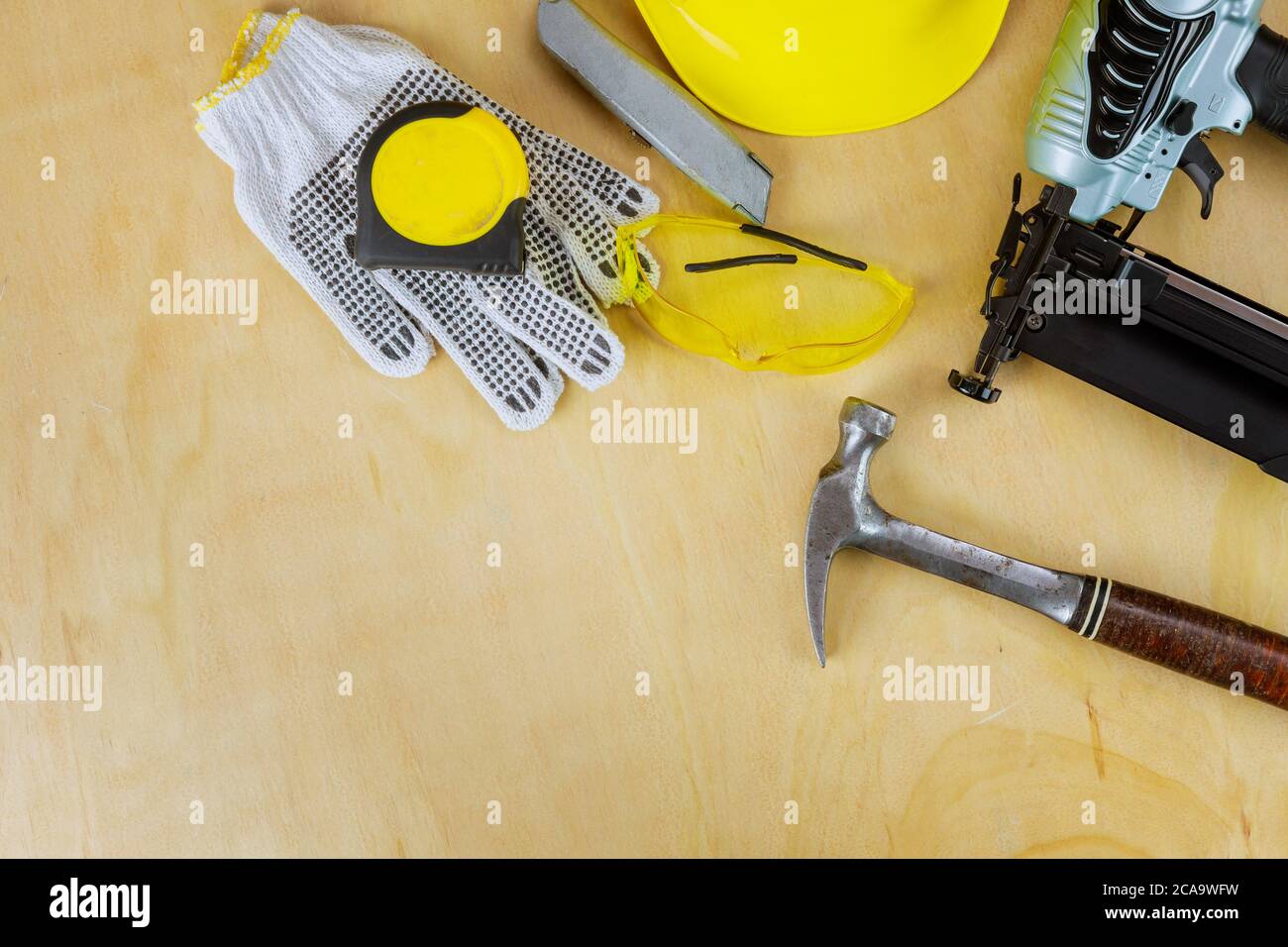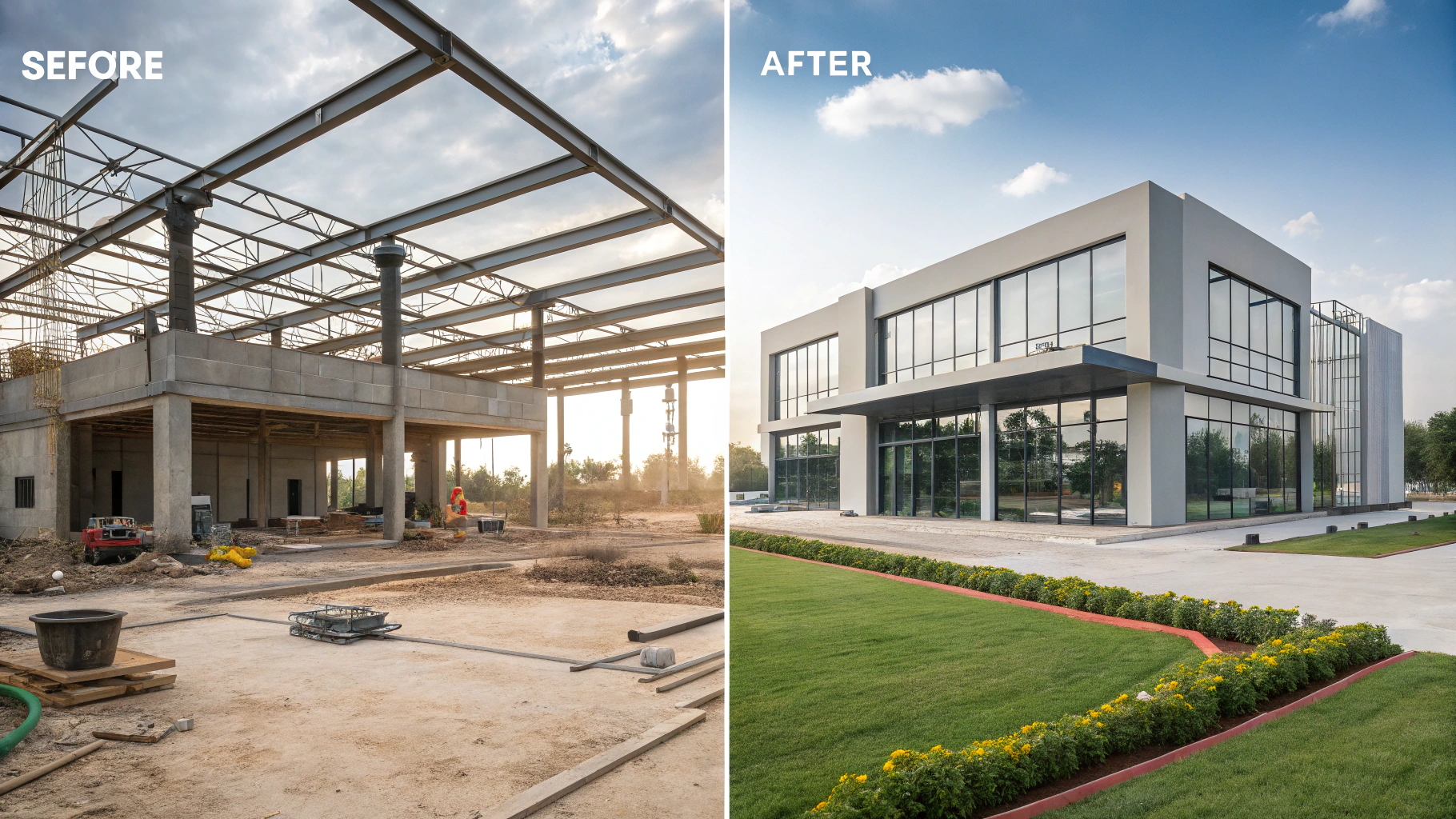Hiring skilled carpenters is one of the most critical decisions in renovating a kitchen, framing a home, overseeing a commercial build, or any construction project. Their expertise directly impacts your project’s safety, aesthetics, and durability. But how do you separate true craftsmen from the rest? This guide walks you through proven strategies to hire carpenters who deliver quality without blowing your budget.
What to Look for When Hiring Carpenters
Not all carpenters are cut from the same cloth. Here’s how to spot a pro:

-
Experience That Matches Your Project: Look for carpenters with 2–5 years of hands-on experience in tasks like framing, installing doors, or reading blueprints¹. For niche work, say, restoring historic trim or building custom cabinets, prioritize specialists. Steve, a homeowner in Ohio, learned this the hard way: he hired a general carpenter for a 1920s home renovation, only to spend $7,200 fixing misaligned beams².
-
Safety and Tool Mastery: Verify they’ve completed the OSHA 10-hour safety course³ and know how to handle tools like nail guns and table saws.

Bonus points for certifications like the *Certified Lead Carpenter (CLC)*⁴, which covers advanced building codes and project management.
-
Collaboration Skills: Technical chops matter, but so does communication. A good carpenter explains delays, adapts to design changes, and works smoothly with electricians or plumbers.
How to Gauge Real-World Skills
Resumes tell part of the story. Here’s how to dig deeper:
-
Ask for Project Proof: Request photos or visits to past jobs similar to yours. A pro who’s built retail spaces might struggle with residential crown molding, as one contractor in Texas discovered after a client complaint over uneven finishes⁵.

-
Test Their Problem-Solving: Some firms administer timed skills tests, like building a mock frame or troubleshooting a blueprint error⁶. These mimic on-site pressures and reveal attention to detail.
-
Call Past Clients: Ask references: “Did they stick to the timeline? How did they handle surprises like rotten wood or delayed materials?”
Certifications That Matter
While licenses aren’t always required, these credentials signal expertise:
-
OSHA 30 Certification: Advanced safety training for commercial builds⁷.
-
Building Inspector Credentials: Vital for projects needing code approvals (e.g., International Building Code)⁸.
-
CLC Certification: Shows leadership in managing teams and client expectations⁹.

Residential vs. Commercial: Know the Difference
-
Home Projects: Focus on custom details like built-in shelving. Hire local carpenters familiar with neighborhood styles. A Chicago carpenter saved a client $3,400 by sourcing reclaimed wood matching their 1940s home¹⁰.
-
Commercial Builds: Require knowledge of steel framing, fire codes, and coordinating with multiple crews. For example, a café project stalled for weeks because the carpenter didn’t factor in HVAC ductwork¹¹.

Avoid Costly Mistakes
-
Skip the Contract? Big Risk.: Include deadlines, payment terms, and penalties for delays. One couple avoided a dispute by specifying “no upfront payments until materials arrived” in writing¹².
-
Hiring a Jack-of-All-Trades: A framing whiz might botch intricate trim. Match their niche to your needs.
-
Ignoring Safety Protocols: Ensure they follow **Provision and Use of Work Equipment Regulations (PUWER)**¹³, like routine tool inspections and dust control.

Balancing Budget and Quality
Rates range from $40/hour for helpers to $200+/hour for master carpenters¹⁴. Consider:
-
Complexity: Custom stairs cost more but prevent costly fixes.
-
Location: Urban rates run 20% higher¹⁵.
-
Long-Term Value: A skilled pro avoids errors. Poor framing once led to a $15k roof rebuild in Florida¹⁶.

Interview Questions That Uncover Red Flags
Ask:
-
“Can you show me a project like mine?”
-
“How do you handle design changes mid-job?”
-
“What’s your process for securing permits?”

Final Step: Trust but Verify
Hiring the right carpenter means checking certifications, reviewing past work, and clarifying contracts. By focusing on expertise tailored to your project, you’ll build smarter, not harder.

